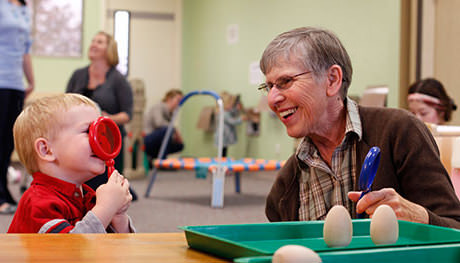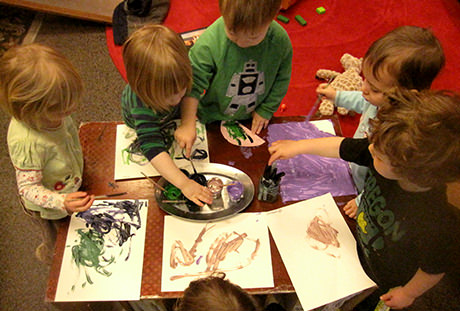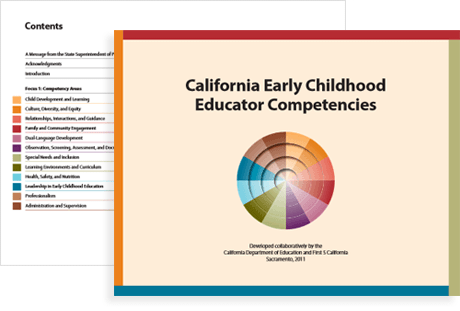Children see the world quite differently than we do. The world is new to them. They are experiencing so many "firsts" and trying to make sense of them. When we seek out their points of view, we gain valuable insights into their thinking, their questions, their fears, and the things that tickle their fancy and delight them. Take time to listen and watch closely. Let their perspectives inform everything you do in your day-to-day practice.


"The key is curiosity, and it is curiosity, not answers, that we model. As we seek to learn more about a child, we demonstrate the acts of observing, listening, questioning, and wondering. When we are curious about a child's words and our responses to those words, the child feels respected. The child is respected."
— Vivian Gussin Paley (1986)
The New Zealand approach to assessment asks teachers to consider questions from the child's voice as programs begin their journey of ensuring accountability through evaluation and assessment. These questions are built on the principles of their Te Whariki curriculum, which provides the framework for defining learning and what is to be learned. Their goals are based on clearly defined values and reflect the following strands.
| Values | Questions | Goals |
|---|---|---|
| Belonging | Do you appreciate and understand my interests and abilities and those of my family? | Do you know me? |
| Well-being | Do you meet my daily needs with care and sensitive consideration? | Can I trust you? |
| Exploration | Do you engage my mind, offer challenges, and extend my world? | Do you let me fly? |
| Communication | Do you invite me to communicate and respond to my own particular efforts? | Do you hear me? |
| Contribution | Do you encourage and facilitate my endeavors to be part of the wider group? | Is this place fair for us? |
New Zealand Ministry of Education, cited in Curtis and Carter (2008) Learning together with Young Children. Download this chart.
Use this template to record your observations, thoughts, and feelings. Download the Template
Review Performance Area 5 to deepen your understanding of these topics: Interpretation of documentation, Planning and Implementation in the CA ECE Competencies. Scroll to pages 57 and 58.
Can you find other places in this competency area that address your interests and needs?

Read "Te Whàriki, Early Childhood Curriculum in New Zealand."
View this video of Tom Hunter's "As Human As They Can Be."